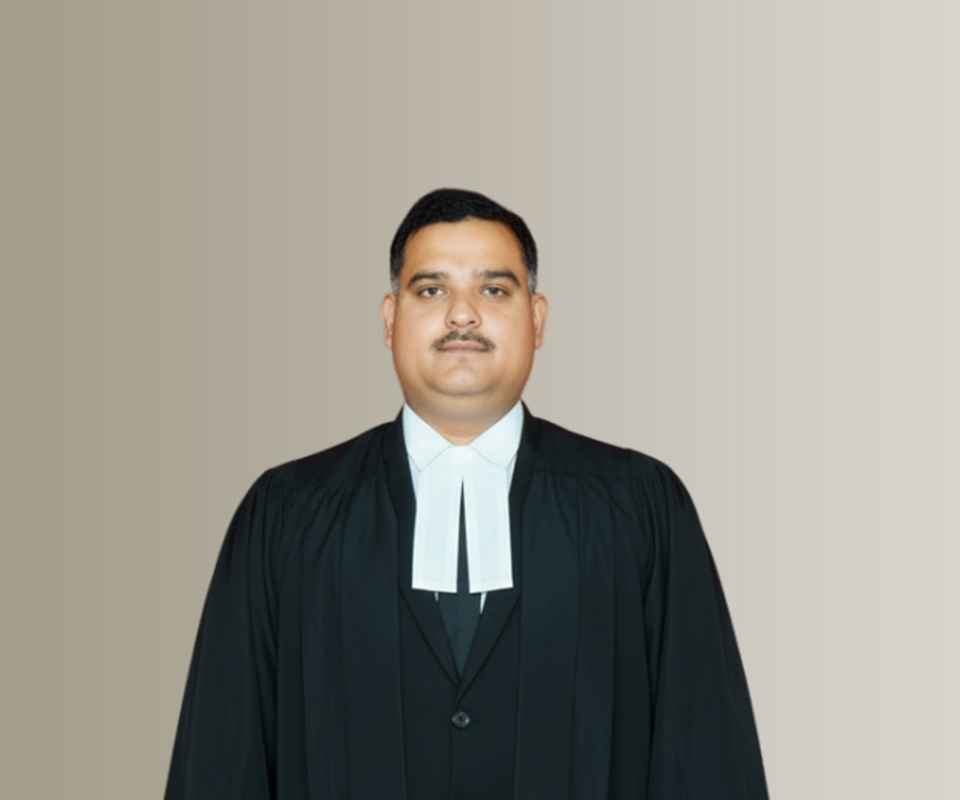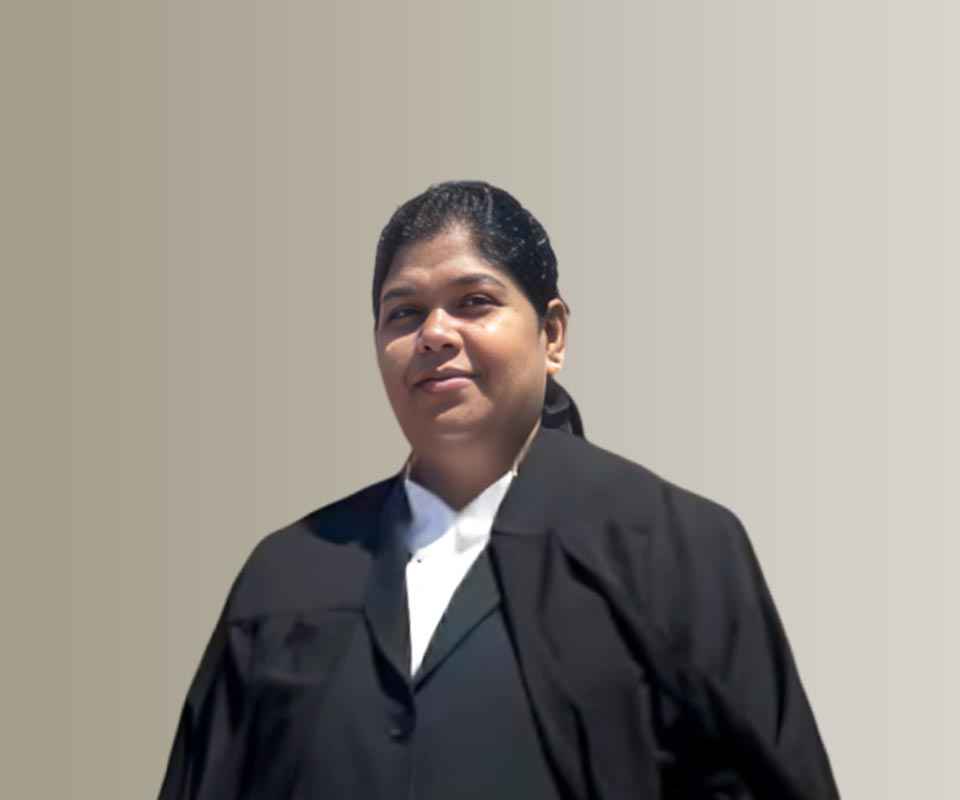Answer By law4u team
Bhartiya Sakshya Adhiniyam, 2023 - Section 64: Rules as to Notice to Produce
Secondary evidence of the contents of the documents referred to in clause (a) of section 60, shall not be given unless the party proposing to give such secondary evidence has previously given to the party in whose possession or power the document is, or to his advocate or representative, such notice to produce it as is prescribed by law; and if no notice is prescribed by law, then such notice as the Court considers reasonable under the circumstances of the case:
Provided that such notice shall not be required in order to render secondary evidence admissible in any of the following cases, or in any other case in which the Court thinks fit to dispense with it:—
- (a) when the document to be proved is itself a notice;
- (b) when, from the nature of the case, the adverse party must know that he will be required to produce it;
- (c) when it appears or is proved that the adverse party has obtained possession of the original by fraud or force;
- (d) when the adverse party or his agent has the original in Court;
- (e) when the adverse party or his agent has admitted the loss of the document;
- (f) when the person in possession of the document is out of reach of, or not subject to, the process of the Court.
Brief Detail
Section 64 of the Bhartiya Sakshya Adhiniyam, 2023 governs the rules surrounding the notice required to produce documents when secondary evidence is being introduced. It stipulates that before secondary evidence can be presented, the party wishing to do so must give notice to the party holding the document, or their representative, to produce the original document. This notice must follow legal provisions or be deemed reasonable by the Court based on the circumstances. However, the requirement for such a notice can be waived under certain conditions, including cases where the document is a notice, when the opposing party has already obtained the document by fraud, or when the document is already in the Court's possession.
Question & Answers
Q1: What does Section 64 of the Bhartiya Sakshya Adhiniyam, 2023 deal with?
A1: Section 64 deals with the rules regarding the notice required to produce a document when secondary evidence is being introduced in court.
Q2: Is a notice always required before presenting secondary evidence?
A2: No, a notice is not always required. The Court may dispense with the notice requirement in certain circumstances, such as when the document is a notice itself or when the document is already in the Court's possession.
Q3: What happens if no specific notice is prescribed by law?
A3: If no specific notice is prescribed by law, the Court may consider a notice to be reasonable under the circumstances of the case.
Q4: Can the requirement for notice be waived in some cases?
A4: Yes, the requirement for notice can be waived in cases such as when the document is a notice, the adverse party has obtained the document by fraud, or when the document is already in the Court's possession.
Q5: In what cases does the Court think it is reasonable to dispense with the notice?
A5: The Court may dispense with the notice in cases such as when the document is a notice itself, when the adverse party has obtained the document by fraud or force, or when the document is already in the Court.
Q6: What are some of the specific exceptions where notice is not required?
A6: Notice is not required when:
- The document to be proved is itself a notice.
- The opposing party must know they are required to produce the document.
- The document has been obtained through fraud or force.
- The document is in the Court's possession.
- The document has been lost, as admitted by the opposing party.
- The person in possession of the document is beyond the Court's reach.
Example
Example 1: No Notice Required for a Notice Document
If a party wishes to present a document that is itself a notice, such as a legal notice sent to the other party, no prior notice to produce is required, and secondary evidence may be presented directly.
Example 2: Adverse Party Must Know to Produce the Document
If the case involves a contract between two parties, and one party must know that they will be required to produce the contract, the Court may waive the requirement for notice, as it is clear the document will be necessary.
Example 3: Adverse Party Obtained Document by Fraud
If it is proven that the opposing party obtained the original document through fraudulent means, the Court may allow secondary evidence without a notice to produce the original document.
Example 4: Document Already in Court’s Possession
In a scenario where the document in question is already part of the Court's evidence, such as an official record or filed document, the notice requirement is waived, and secondary evidence can be presented.
Summary
Section 64 of the Bhartiya Sakshya Adhiniyam, 2023 specifies the conditions under which secondary evidence of a document can be presented in court. It generally requires that the party seeking to introduce secondary evidence must notify the other party to produce the original document. However, the section also outlines several exceptions to this requirement, including when the document is already in the Court's possession, has been obtained through fraud, or when the party must know they will be required to produce it. The Court has discretion to waive the notice requirement in certain situations based on the nature of the case.







